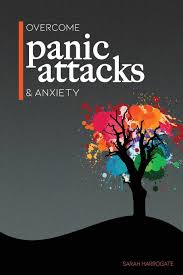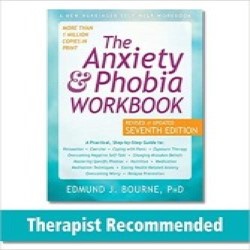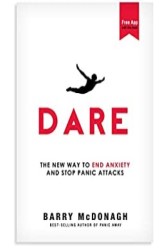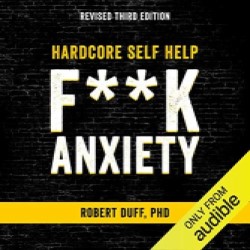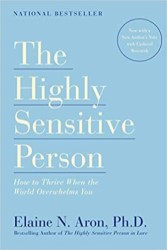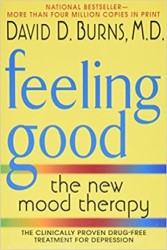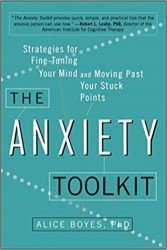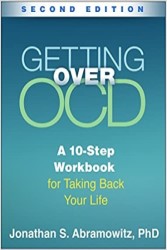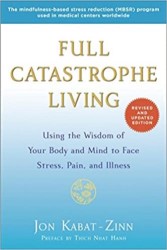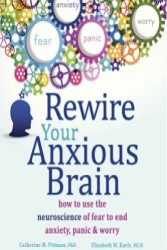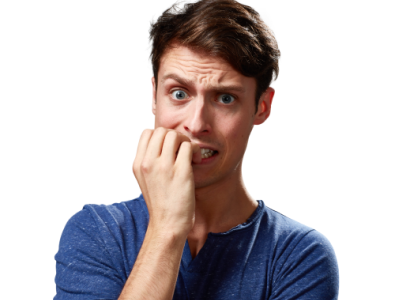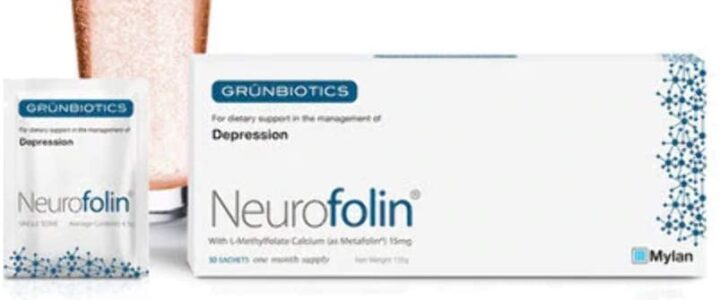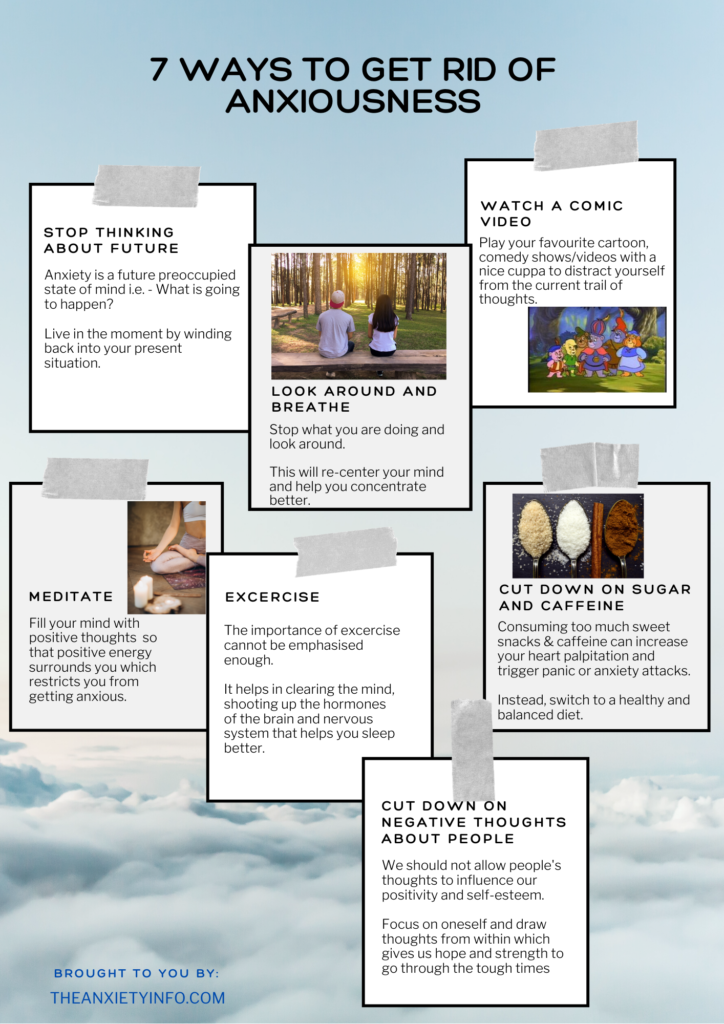Agoraphobia is an anxiety disorder that reveals itself as a fear of situations that can cause feelings of helplessness, embarrassment, panic, and being trapped. This disorder causes symptoms of a panic attack, even in people with no history of such attacks. It can cause nausea and rapid heartbeat. For some people, these symptoms can arise simply by anticipating an unsavoury situation.
Agoraphobia can get so severe that it can cause people to avoid doing regular activities like going to the bank, being in a crowd, on a bridge, or even staying outside alone. In this post, we will consider the causes, symptoms, and treatment of agoraphobia.
Quick Facts on Agoraphobia
- It might occur after suffering a panic attack.
- Agoraphobia manifests in different forms, including fear of open spaces, elevators, and leaving home.
- It can come with physical symptoms like nausea, dizziness, and shortness of breath.
- Agoraphobia can be treated.
What is Agoraphobia?
The word Agoraphobia is derived from the Greek word ‘Agora,’ which connotes a market or place where people are gathered. Agoraphobia is usually confused with a dread of open spaces, but it is more complicated than that.
As the name implies, anxiety disorders are a constant feeling of stress and anxiety and they can worsen over time. A panic disorder that usually triggers agoraphobia occurs when a person feels sudden dread without any apparent cause of said terror.
Symptoms of Agoraphobia
There are several symptoms of this disorder.
The common ones are:
- Fear of leaving the house for long periods
- Fear of being alone in a crowd
- Fear of losing control in outside spaces
- Fear of enclosed spaces like an elevator or car
- Tremendous anxiety or agitation
- Detachment from others
Agoraphobia often goes hand in hand with panic attacks. Thus, a person who has agoraphobia might suffer physical problems like:
- Chest constrictions
- Shortness of breath
- Shaking
- Rapid heartbeats
- Chills
- Diarrhea
And agoraphobia is a vicious cycle: stressful situations cause a panic attack, and the memory of the panic attack increases the fear of being in such circumstances.
How Agoraphobia can affect the sufferer’s life?
As you can see, it is a debilitating condition that can affect the sufferer’s quality of life. Although sufferers often know that their fear is irrational, they cannot do anything about it no matter how hard they try.
This phobia can change sufferers’ behaviour and affect their performance in school, work, or other aspects of their life. It can make them depressed and sad and can even make them contemplate suicide. Some sufferers turn to substance abuse. And a recent study shows that agoraphobia can lead to inflammation which can increases the chances of heart disease and atherosclerosis.
Causes of Agoraphobia
As with several other phobias, the exact cause of agoraphobia is unknown. Nevertheless, research shows that some factors increase the chances of suffering agoraphobia.
Some of these factors are:
- Depression
- Trauma
- Phobias like claustrophobia
- OCD (Obsessive Compulsive Disorder)
- Substance abuse
- Family history of agoraphobia
Agoraphobia occurs in more women than men and often starts at age 20. However, these are the average statistics: It can happen at any age before or after age 20.
Agoraphobia Diagnosis
How is this phobia diagnosed?
Usually, a person who feels he has agoraphobia has an interview with a healthcare professional – often a psychiatrist or someone in the profession.
The professional will assess the symptoms based on different parameters. Family members or friends may describe the sufferer’s behaviour to help with diagnosis. Sometimes, a physical exam might be done to eliminate the chances of other conditions with similar symptoms.
Within the Diagnostic and Statistical Manual of Mental Disorder 5, the criteria for diagnosing agoraphobia include stress or extreme terror at being in two or more of the following circumstances:
- On public transportation
- In an open place
- In enclosed spaces
- In social gatherings
- Away from the house alone
It might also include:
- Overblown fear of actual danger
- Avoiding situations or needing the help of someone to face the situation
- Long-term phobia
Agoraphobia Treatment
While agoraphobia can be debilitating, the good news is that it can be treated successfully. There are different ways to treat it, and most professionals combine one or two treatments to achieve a positive result.
- Therapy
There are three therapies mainly used to treat this phobia – psychotherapy, cognitive-behavioural therapy (CBT), and exposure therapy.
- Psychotherapy
Talk therapy has proved to be an effective treatment for different types of phobias, including agoraphobia.
It involves talking regularly to a mental health professional. Talking can help the sufferer disclose the fears and issues that contribute to the phobia.
In some cases, it is coupled with medication. Psychotherapy is a temporary treatment and it can be stopped once you can deal with the cause of your fears.
- CBT
CBT is the most common treatment for agoraphobia. It helps the sufferer to understand how they feel and view agoraphobia. It also allows sufferers to replace thoughts of dread with peaceful, helpful ideas that can drive the fear away.
- Exposure therapy
In this treatment, you are exposed to the situations that trigger agoraphobia in a controlled environment. This gentle and slow exposure can help you to lose the fear gradually. They serve as hormone medication.
Some drugs can help with agoraphobia. Some of these include Paxil, Prozac, Elavil, Pamelor, Xanax, Klonopin, and Effexor. Inhibitors, anti-depressants, and anti-anxiety medication. You’ll probably use these medications for six months or one year. If you get better, the doctor might start limiting the dosage.
- Self-help
You can help yourself, to an extent, by changing your lifestyle. Some of the things you can try are:
- Exercising regularly
- Having a healthy, balanced diet
- Practicing meditation or deep breathing exercises to reduce stress and fight panic attacks.
Concluding Thoughts
It might not be possible to prevent agoraphobia. But with early detection and treatment, you can fight it and get better. While there is no definitive cure, early implementation of the procedures discussed above can help minimize the symptoms and help you gain control of your life.

